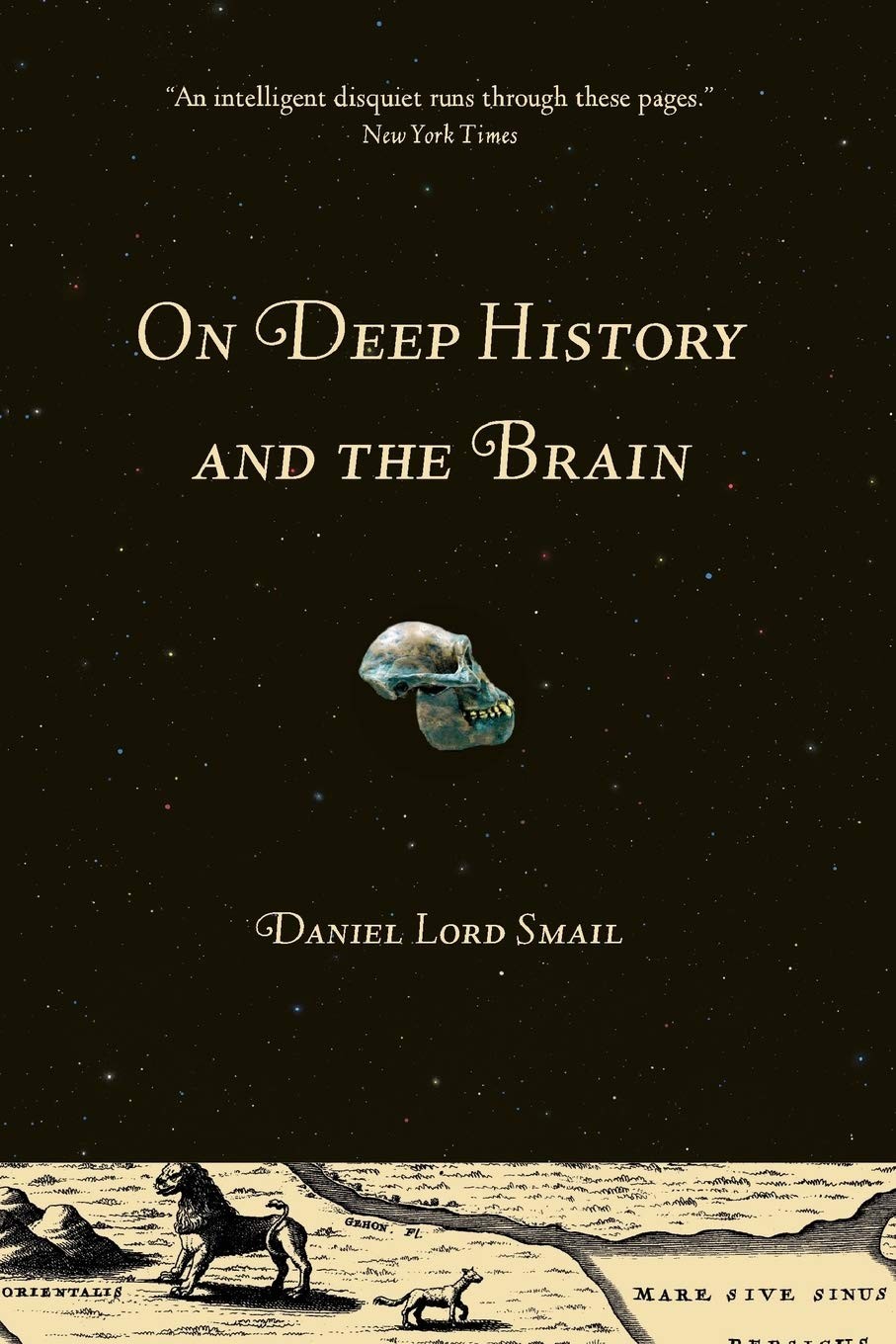

Most ebook files are in PDF format, so you can easily read them using various software such as Foxit Reader or directly on the Google Chrome browser.
Some ebook files are released by publishers in other formats such as .awz, .mobi, .epub, .fb2, etc. You may need to install specific software to read these formats on mobile/PC, such as Calibre.
Please read the tutorial at this link: https://ebookbell.com/faq
We offer FREE conversion to the popular formats you request; however, this may take some time. Therefore, right after payment, please email us, and we will try to provide the service as quickly as possible.
For some exceptional file formats or broken links (if any), please refrain from opening any disputes. Instead, email us first, and we will try to assist within a maximum of 6 hours.
EbookBell Team

0.0
0 reviewsWhen does history begin? What characterizes it? This brilliant and beautifully written book dissolves the logic of a beginning based on writing, civilization, or historical consciousness and offers a model for a history that escapes the continuing grip of the Judeo-Christian time frame. Daniel Lord Smail argues that in the wake of the Decade of the Brain and the best-selling historical work of scientists like Jared Diamond, the time has come for fundamentally new ways of thinking about our past. He shows how recent work in evolution and paleohistory makes it possible to join the deep past with the recent past and abandon, once and for all, the idea of prehistory. Making an enormous literature accessible to the general reader, he lays out a bold new case for bringing neuroscience and neurobiology into the realm of history.
“An intelligent disquiet runs through these pages.” ― New York Times
“A small book with big ideas. . . . Smail deftly and impressively pulls together information from the disparate fields of cultural history, evolutionary biology, and neuroscience. . . . A creative and compelling synthesis of ideas, Smail’s book provides an engaging and invigorating analysis of our history.” ― Science
“A provocative thesis regarding the significance of the long-term past and our evolved neurochemistry . . . Brain radically rethinks the relationship between biology and culture. . . . Smail provides one of the best critiques of evolutionary psychology . . . and then advances a far more sophisticated argument about the significance of our evolutionary past in the light of human history.” ― London Review of Books
“A good read, and it makes you think.” ― New Scientist
“Daniel Lord Smail, in his intriguing little book, . . . performs the reciprocal task of showing the relevance of biology for history.” ― American Scientist
“A dazzling and mostly persuasive synthesis of the humanities and natural sciences. . . . Perhaps the most compelling part of Smail's book is the way he presents the evolution of the modern brain against a backdrop of relentlessly changing environmental and cultural pressures.” ― Boston Globe
“A pioneering work.” ― Fortean Times
“An enjoyable and creative book. . . . its flavour and neurohistorical approach are original and provocative.” ― Nature
"This is surely a new paradigm for the study of history that will be regarded as revolutionary but which is also well justified. To my knowledge, no other book integrates the study of human history with principles of biological and cultural evolution on such an ambitious scale."--David Sloan Wilson, author of Darwin's Cathedral: Evolution, Religion and the Nature of Society
"This is one of the most exciting books I've read in years. It is so accessible, so groundbreaking, so stimulating, so important that I imagine the next generation of historians will be deeply influenced by what Smail has to say here. Simply dazzling."--Lynn Hunt, author of Inventing Human Rights
"This is surely a new paradigm for the study of history that will be regarded as revolutionary but which is also well justified. To my knowledge, no other book integrates the study of human history with principles of biological and cultural evolution on such an ambitious scale."―David Sloan Wilson, author of Darwin's Cathedral: Evolution, Religion and the Nature of Society
"This is one of the most exciting books I've read in years. It is so accessible, so groundbreaking, so stimulating, so important that I imagine the next generation of historians will be deeply influenced by what Smail has to say here. Simply dazzling."―Lynn Hunt, author of Inventing Human Rights
Daniel Lord Smail is Professor of History at Harvard University. He is the author of Imaginary Cartographies (1999), which won the American Historical Association’s Herbert Baxter Adams Prize and the Social Science History Association’s President’s Award; The Consumption of Justice (2003), which won the Law and Society Association’s James Willard Hurst Prize; and co-editor of Fama: The Politics of Talk and Reputation in Medieval Europe (2003).